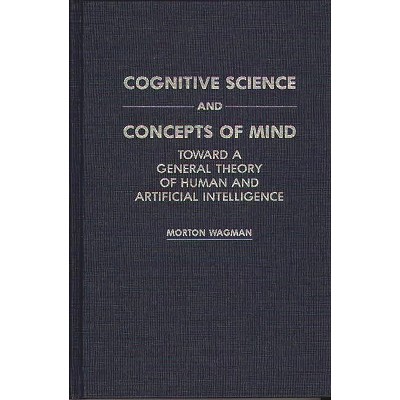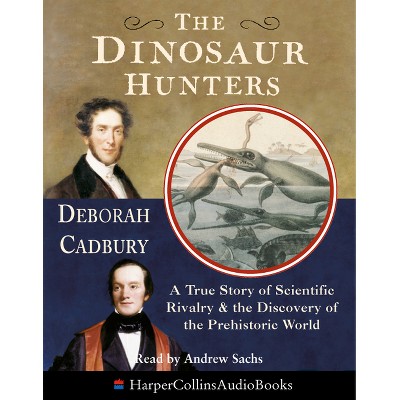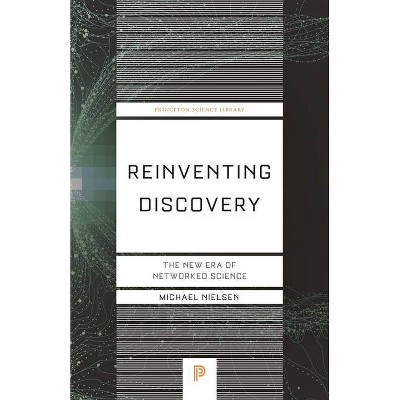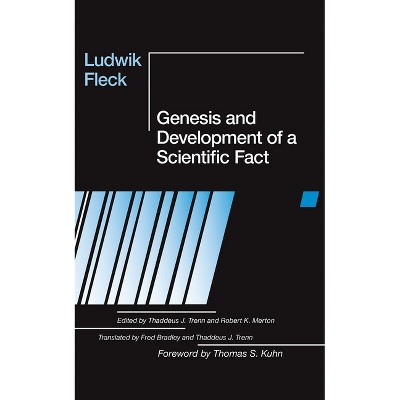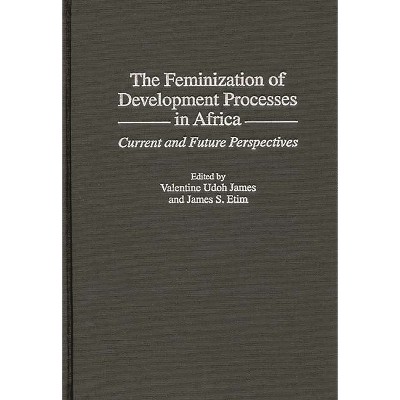Sponsored

Scientific Discovery Processes in Humans and Computers - by Morton Wagman (Hardcover)
In Stock
Sponsored
About this item
Highlights
- Wagman offers a critical analysis of current theory and research in the psychological and computational sciences, directed toward the elucidation of scientific discovery processes and structures.
- About the Author: MORTON WAGMAN is Professor Emeritus of Psychology at the University of Illinois, Urbana-Champaign.
- 216 Pages
- Science, Research & Methodology
Description
About the Book
Wagman offers a critical analysis of current theory and research in the psychological and computational sciences, directed toward the elucidation of scientific discovery processes and structures. It discusses human scientific discovery processes, analyzes computer scientific discovery processes, and makes a comparative evaluation of the two. This work examines the scientific reasoning of the discoverers of the inhibition mechanism of gene control; scientific discovery heuristics used at different developmental levels; artificial intelligence and mathematical discovery; the ECHO system; the evolution of artificial intelligence discovery systems; the PAULI system; and the KEKADA system. It concludes with an examination of the extent to which computational discovery systems can emulate a set of 10 types of scientific problems.
Book Synopsis
Wagman offers a critical analysis of current theory and research in the psychological and computational sciences, directed toward the elucidation of scientific discovery processes and structures. It discusses human scientific discovery processes, analyzes computer scientific discovery processes, and makes a comparative evaluation of the two. This work examines the scientific reasoning of the discoverers of the inhibition mechanism of gene control; scientific discovery heuristics used at different developmental levels; artificial intelligence and mathematical discovery; the ECHO system; the evolution of artificial intelligence discovery systems; the PAULI system; and the KEKADA system. It concludes with an examination of the extent to which computational discovery systems can emulate a set of 10 types of scientific problems.Review Quotes
.,."offers a superb overview of a number of scientific experiments related to the discovery processes in humans and computors.... This is a delightful and engaging book to read: the author has written in plain lay terms summarizing the concepts clearly without the distraction of mathematical rigor. The overview material provides a solid conceptual foundation for further artificial intelligence research. General readers."-Choice
?...offers a superb overview of a number of scientific experiments related to the discovery processes in humans and computors.... This is a delightful and engaging book to read: the author has written in plain lay terms summarizing the concepts clearly without the distraction of mathematical rigor. The overview material provides a solid conceptual foundation for further artificial intelligence research. General readers.?-Choice
..."offers a superb overview of a number of scientific experiments related to the discovery processes in humans and computors.... This is a delightful and engaging book to read: the author has written in plain lay terms summarizing the concepts clearly without the distraction of mathematical rigor. The overview material provides a solid conceptual foundation for further artificial intelligence research. General readers."-Choice
About the Author
MORTON WAGMAN is Professor Emeritus of Psychology at the University of Illinois, Urbana-Champaign./eShipping details
Return details
Trending Non-Fiction






